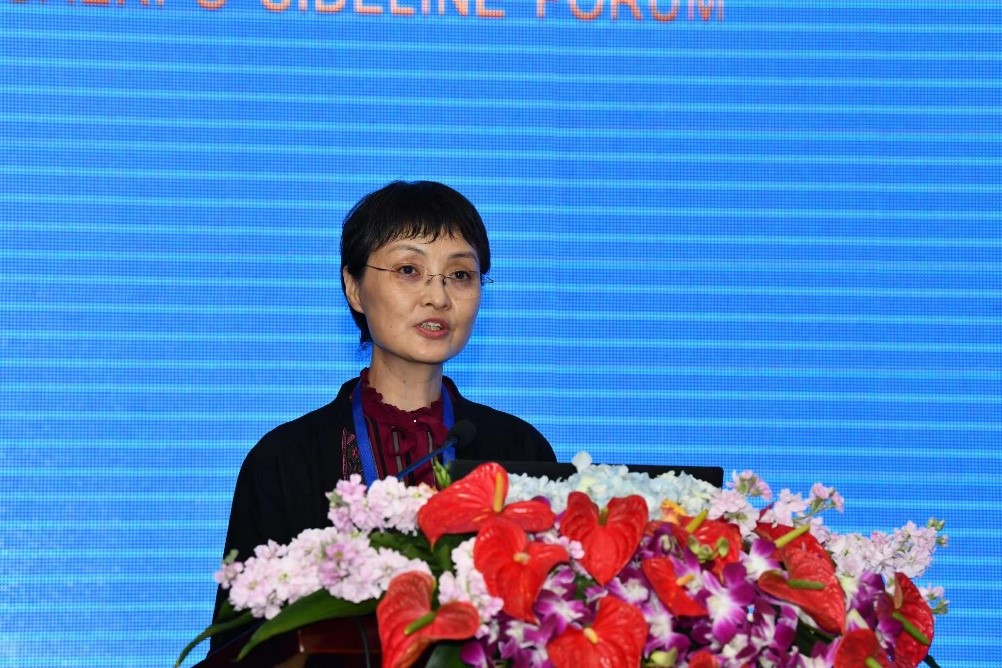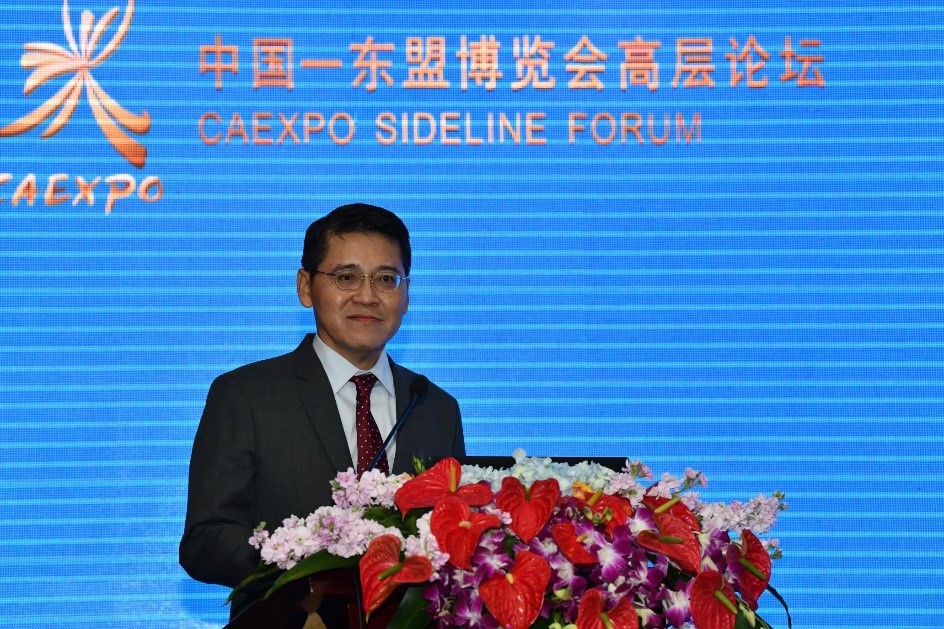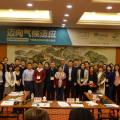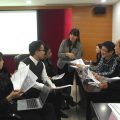Moving from Disaster Response to Disaster Preparedness in China and ASEAN
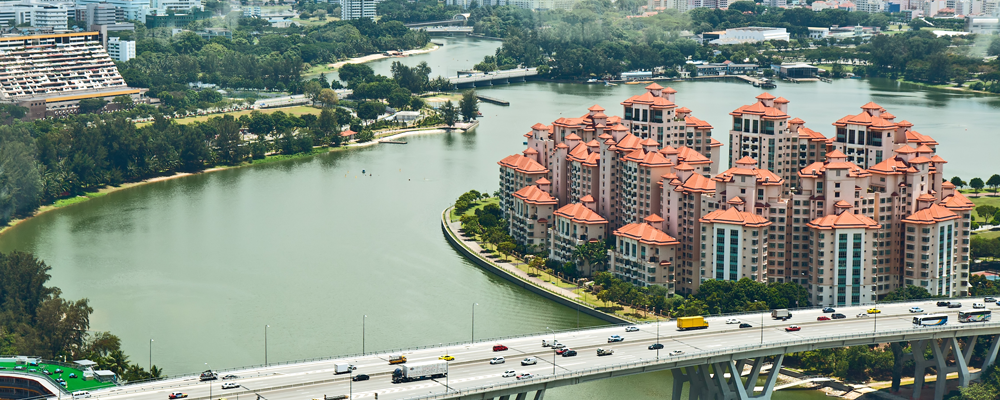
Over 400 disasters were recorded across the world in 2018, 45% of which took place in the Asia-Pacific Region, causing an average of 800 deaths each month, and around 70,000 people affected each day in the region. Displacement associated with disasters in the region accounts for 60% of the global total displacements.
Under the framework of China-ASEAN cooperation, the National Disaster Reduction Center of China, the Ministry of Emergency Management of China, and the Emergency Management Department of Guangxi Zhuang Autonomous Region co-hosted the 2019 China-ASEAN High-level Forum on Disaster Reduction and Emergency Management on 25 October in Nanning, China, aiming to promote international cooperation in disaster prevention and reduction under the Belt and Road Initiative. The Forum convened around 60 governmental officials and experts in the region.
To enhance resilience in withstanding catastrophes, most countries have begun moving from “post-disaster relief and recovery” to “pre-disaster mitigation and preparedness”.
Yanping Shi, Deputy Director-General of the Department of International Cooperation and Rescue, Ministry of Emergency Management of China, presented the country’s 5-Year National Plan on Disaster Reduction and Prevention and introduced the Ministry of Emergency Management, which was recently established in March 2018, to take the leading role in coordinating 32 agencies in natural disaster prevention, reduction, and response.
|
|
According to her, the disaster mechanism in China is focusing on three key areas of the transition process: (1) from disaster relief to disaster prevention; (2) from the combat of sole disaster prevention to comprehensive disaster reduction; and (3) from disaster loss reduction to disaster risk reduction.
Following the severe flooding which occurred during the 2011 monsoon season in Thailand, the country has amended its Disaster Prevention and Mitigation Plan 2007 which focused heavily on disaster management, to the National Disaster Prevention and Mitigation Plan 2015 which has more emphasis on disaster risk reduction. For instance, before the Tropical Storm Podul and Kajiki hit Thailand on 21 October, the government has been monitoring the weather and tracking the storms since August, and eventually activated the level 3 disaster management in September – one month prior to the storm’s arrival, said Mr. Chainarong Vasanasomsithi, Deputy Director-General of the Department of Disaster Prevention and Mitigation of Thailand.
|
|
Paul Gilbert Valderrama of the Philippines Red Cross shared their program of forecast-based financing, which enables access to humanitarian funding for anticipated disasters and their impact prevention. With typhoon as an example, four different scenarios were developed during monsoon seasons in the Southwest and Northeast for the potentially affected 19 provinces. Prioritization of risks includes loss of lives, loss of income of farmers and fishermen, and household damages, which were addressed via Shelter Strengthening Kit (SSK) simulation, early harvesting of agricultural products, and livestock evacuation.
ICLEI first introduced the notion of “Resilient Cities” in 2002, which supports urban development that enables cities to absorb and recover from any shock or stress including demographic changes, environmental emergencies, natural disasters, climate change impacts, and any other unforeseen challenges. “For developing countries, a single major disaster can set back healthy economic growth for years,” said Maiojie Sun of the ICLEI East Asia Secretariat as she presented ICLEI’s methodologies, tools, and platforms for urban resilience to the floor. “This is why resilience is key to sustainable urban development.”
“There is an increase of disasters in ASEAN, in terms of severity and frequency,” said Intani Kusuma from the ASEAN Secretariat. “Thus, it is urgent and important for ASEAN to build its resilience,” said Kusuma. She particularly appreciated the China-ASEAN forum for providing a platform for countries’ governments and experts in the region to exchange knowledge and best practices in disaster risk management.


